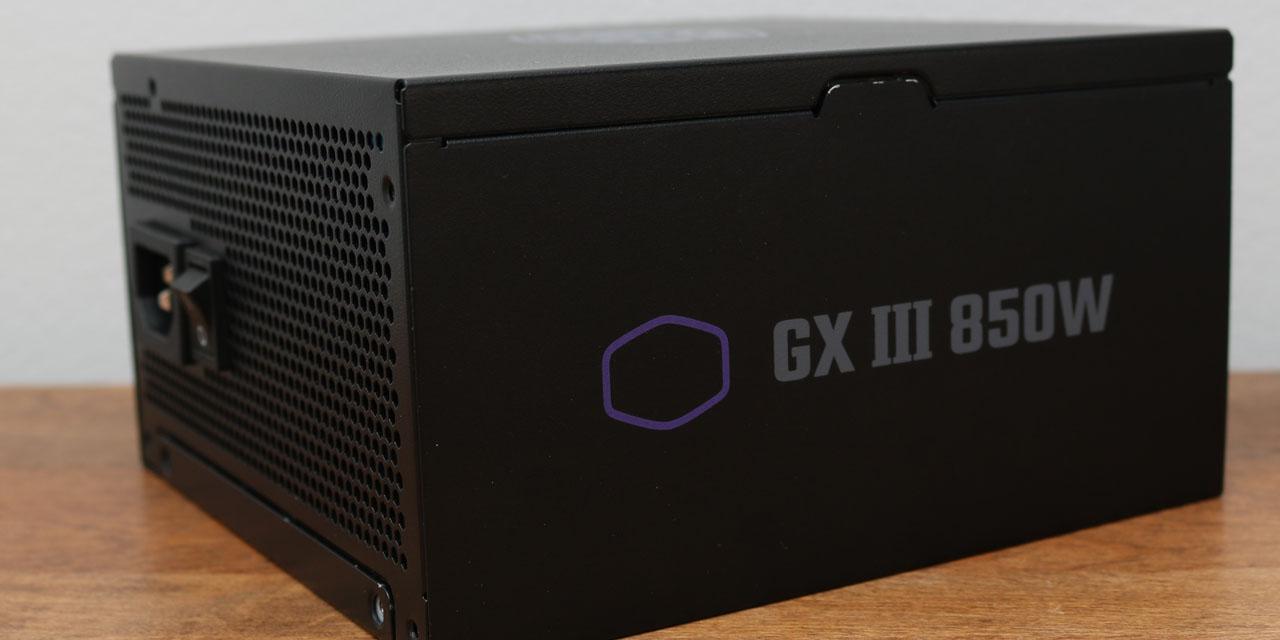|
From DailyTech: Here in the U.S. the legal campaigns of the RIAA and MPAA are the subject of long standing controversy. Decisions like the $1.92M USD verdict against mother Jammie-Thomas Rassert for 24 songs (allegedly representative of large infringement), largely divide the public, with some advocating suing infringers out of house and home and others blasting the tactics as thuggish and evidence of a out-of-touch intellectual property system. The UK appears headed for more of this kind of controversy, as the law firm ACS:Law just secured approval from the Royal Courts of Justice in London to demand the addresses and personal info on 30,000 users from their internet service providers (ISPs). The customers covered by the so-called Norwich Pharmacal Order are "suspected" involvement with the illegal file sharing (P2P) of approximately 291 movie titles. Of the suspected infringers, 25,000 had IP's with the UK service provider BT. ACS:Law plans to try to shake down those who may have infringed, sending them threats to pay up or face a battle in court. Judging by past settlements in the U.S., most of these cases will likely be settled for a few thousand dollars. The letters do give some suspects an out by saying that if they think their connection was illegitimately reportedly used they can seek a solution, such as implicating possible suspects. IP addresses are easily faked, hijacked, redirected and generally abused in ways that the systems employed by these kinds of trackers cannot detect. Copyright protection organizations and their legal bulldogs have recently been particularly at odds with BT. Their fury was particularly provoked when the UK Internet Service Providers Association which represents the ISP and others in June concluded that they were "not confident in [ACS:Law's] ability to identify [ILLEGAL] users." ACS:Law fired back that BT was "shameful" for not taking greater action to prevent filesharing. BT said such actions would violate its users' right privacy. View: Article @ Source Site |
 |
UK Firm Wins Approval to Send 30,000 Suspected Filesharers Threat Letters
© Since 2005 APH Networks Inc. All trademarks mentioned are the property of their respective owners.





